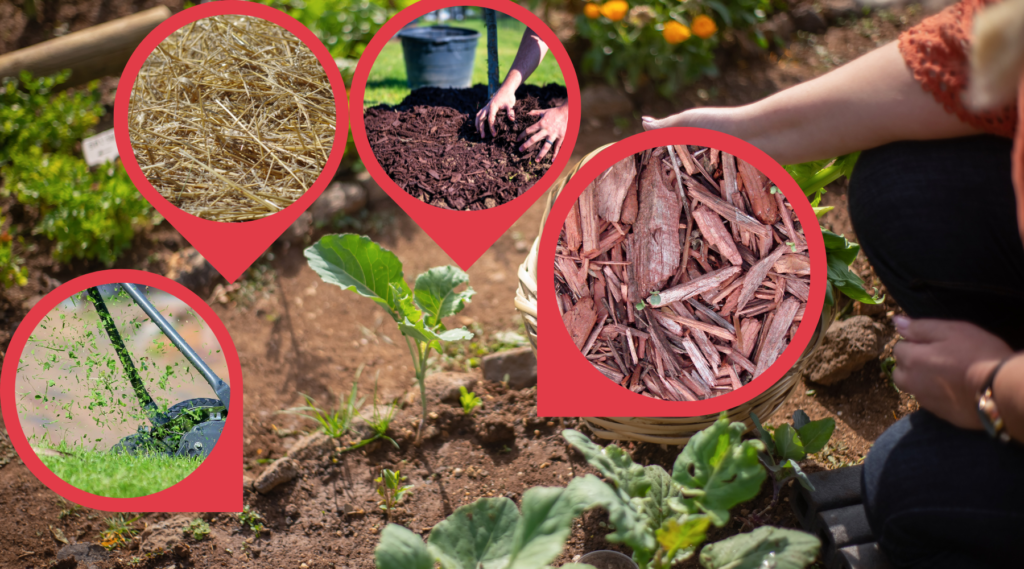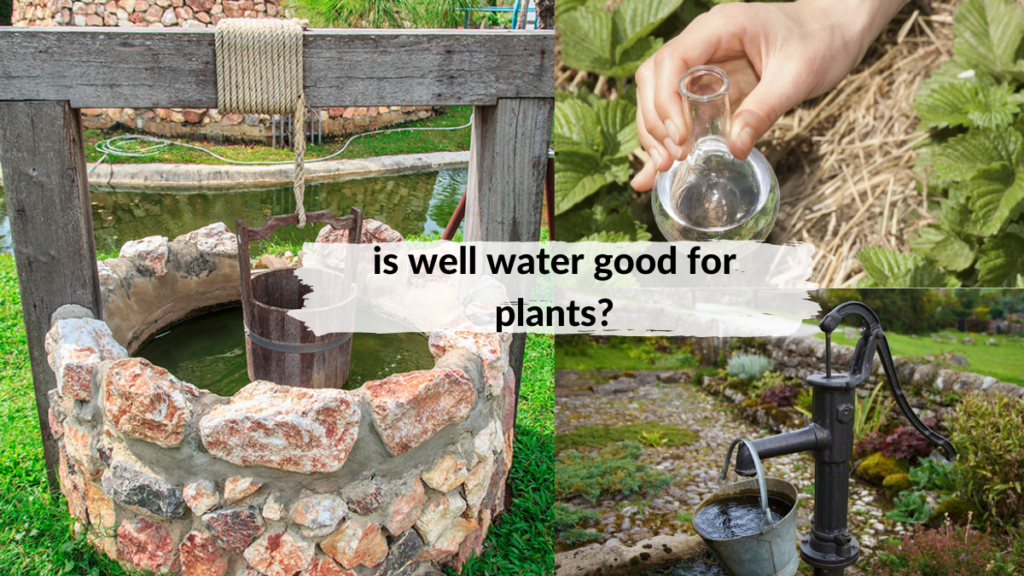Spider mites, aphids, whiteflies, and various soft-bodied pests are among the common insects that can make great damage to your garden. Though there are a lot of insecticides and fogs that you can use to kill garden pests on contact, most of these contain chemicals that you cannot use on plants.
One of the go-to solutions is the use of Dawn dishwashing liquid. It offers a quick fix when it comes to dealing with many garden pests. However, this does not offer an instant long-term solution.
is it safe to use Dawn dish soap on garden plants?
Dawn liquid dish soap is considered safe to be used on plants, if, and only if, it is used in a small amount and mixed with water. Make sure you choose a Dawn variety that contains minimal additives to avoid damaging plants. You should choose plain soap that does not have additives and scents.
test your homemade insecticidal soap on plant leaves
If you want to make sure that the dish soap is safe for your plants, you can dilute it and test it on some leaves and leave it for a day. You can use it on all your plants when you see that the leaves where you used the diluted dish soap do not react. If you are still not sure, you can always resort to the use of a safe horticultural soap instead.
how Dawn dish soap works in killing bugs
Dawn dish soap works in killing many insects through desiccation. This is the method where this dish soap as well as other soaps kills insects by drying out the outer skin and slowly cracking it open.
what is the ideal concentration of the dish soap that must be used?
It is not recommended to use pure liquid soap on plants. You should dilute it with water for it to be effective. Mix a solution of water and a dish soap concentration of about 2 to 3 percent in a spray bottle.
When sprayed on plants infested by insects, the water will cover the insect and the desiccation by the soap will get rid of the waxy coating from the pests. This will result in drying them out and slowly killing them.
making a homemade insecticidal soap using dish soap
Yes, there are ready-made commercial insecticidal soaps that you can purchase from the store, but you can make your own insecticidal soap if purchasing those may be out of your budget. Below are several ways how to make your homemade insecticidal soap:
1. In a container, combine a cup or 240ml of any variety of oil like soybean, peanut, vegetable oil, or corn with a tablespoon or 15ml or other pure soap of your choice.
When you want to use this mixture, get two teaspoons or 10ml of this soap mixture to a cup of water and combine it in a spray bottle.
2. Another way of making your own insecticidal soap is by mixing 2 ½ tablespoons of the dish soap with a gallon of water. This will give you a 1% solution Dawn. If you want to strengthen the solution, you should add another 2 ½ tablespoons for every 1%.
3. To make a smaller batch of your own insecticidal soap or to get soapy water with an effective amount of soap, just mix ¼ of the amount of soap mentioned in the 2nd method in a quart of water.
When using your own insecticidal soap, you should keep in mind that the solution must be minimal risk to the plants. Make sure that the strength is always at least 2 tablespoons of the Dawn dish soap when mixed with a gallon of water. It is also recommended that you avoid using Dawn soap varieties that contain lemon or ingredients that contain citric acid.
pros and cons of using Dawn dish soap solution
There are pros and cons when you decide on making and storing your own insecticidal soap made with Dawn dish soap.
pros
- You can store up as much solution as you want from the readily made mixture you made.
- This is an inexpensive solution.
- Kills spider mites and other garden pests on contact.
- Do not damage plants as long as they are not applied regularly.
cons
- Requires extra work since you have to rinse the plants with water after using the solution to remove soapy residue on plant surfaces.
- Does not function as preservatives. It will only reduce the current pest populations but will not repel bugs or prevent future infestations.
how safe is Dawn dish soap on plants?
Dish soap can be used for plants when a small amount is diluted with water. Therefore, it is safe. Enormous amounts of dish soap may harm plants because synthetic chemicals in the soap can be abrasive to the plants.
Solutions with dish soap kill bugs on contact, but you need extra care when using it as too much may cause leaf damage. When making insecticidal soap, you must keep the concentration low to prevent disintegrating the wax coating on the leaf’s surface or the cuticle.
Without the leaf’s cuticle, plants cannot hold moisture. This will make them dehydrated and more vulnerable to diseases and garden pests. In addition, soap residue will stay in the soil and turn it deadly and toxic to a few plants.
is Dawn dish soap safe to use for cleaning plant leaves?
If you want to clean your plant leaves, you can also use dish soap. To create your mixture for cleaning plant leaves, combine ¼ teaspoon of dish soap with a quart of lukewarm tap water.
Spray plants with the mixture and wait for a couple of seconds before wiping them down using a damp cloth. Make sure that there is no soap residue left on the leaves.
Keep in mind, that you should only use this mixture on hairless and smooth leaves. Using this on fuzzy leaves may cause spotting because of the residue.
what bugs can Dawn dish soap kill?
DIY insecticidal soap solutions with diluted dish soap kill bugs like spider mites, thrips, aphids, leafhoppers, white flies, and scales. Additionally, such solutions are not harmful to most beneficial insects like bees and ladybugs.
The first thing that you should do is by checking the affected plants and determine the ones infesting your flower or vegetable garden before making your homemade insecticidal soap. Remember that this is lethal on soft-bodied insects. This means that it might not work on all types of bugs.
How To Tell the Type of Infestation You Are Dealing With?
There are some ways on how you can tell what infestation is going on in your garden. One way is to check the kind of damage that is being done to your plants. You will learn what possible insects are in your garden with the information below:
· chewing insects
Holes in foliage and other parts of a plant are what these insects do. They do extensive leaf damage, cut off plants at the surface of the soil, and even consume the roots. There are also some insects that tunnel into the plants, which results in the internal stem as well as severe leaf damage.
· rasping insects
These insects tend to scrape the surface of flowers or foliage and suck up any spilled contents from all damaged cells.
· sucking insects
These harmful insects suck the sap from plant tissue. Due to these insects, you will notice stippling or spotting on foliage, cause leaves to curl, and result in misshapen or stunted fruits.
Keep in mind that plant pests will lay eggs or oviposit in the plant tissue. Insecticides and insecticidal soaps can only kill soft-bodied pests, which cause no harm to the hard shell of the eggs and larva.
Oviposition will cause different issues depending on the location of the eggs. The damage brought by hidden eggs can start from dead or misshapen fruits to dieback or death in stems. Killing pests may take longer because of these eggs.
how to spray Dawn soap on your plants?
In a spray bottle, dilute a little amount of dish soap with water and spray it on your plants. Diluting it will minimize the damaging effects of the soap on the plants.
Always remember that too much of anything regardless of using plant-safe soap can still put the health of your plants at risk. Make sure to use the correct water and soap concentration ratio to keep the mixture on a safe level for your plants.
Below are steps you can take when deciding to use dish soaps on your plants.
· dilute the dish soap
Follow the dish soap and water ratio as mentioned in the instructions above.
· test it on your plants
Since Dawn dishwashing liquid soap is not meant for plants, it is advised that you spray it on a small part of your plants and wait for adverse reactions including but not limited to scorch or burn-like marks or discoloration. If you do not see any reaction, you can spray on other affected plants.
· times to spray
It is recommended that you spray the plant at cooler times of the day like early morning. Since soapy water dehydrates plants, they are more likely to get damaged when you spray them during warm weather.
· how often should you spray plants
As soon as you notice a possible infestation, you should spray the plants immediately. It is recommended that you spray susceptible plants once a week or at least after every four days if you notice that the infestation is getting worse. Do this for a month until you see improvement.
It is best that you do it in a limited time as doing it continuously for a longer time may injure the plant because the soap gets rid of the leaf’s protective layer of the natural oils and wax.
· make sure to do it thoroughly
You should spray affected plants thoroughly. Make sure that every leaf is covered including its undersides. This will increase the chances of killing garden pests faster.
is it safe to spray plants with soapy water?
Laundry detergent, hand soap, and other variety of soaps are toxic to plants, especially when used with large concentrations of soap. It will disintegrate the plant’s natural defenses and result in water loss and the death of plants. So, it is necessary to keep the concentration at least at a tablespoon in a cup of water.
Just spraying the plants with soapy water will not be enough to kill insects. The soap must coat the insects completely and not only the leaves to make sure that they die from the solution.
how to naturally prevent bugs from eating plants
To create a sprayable solution, get a spray bottle and combine a part of white vinegar or apple cider vinegar with three parts of water. You can use distilled or bottled water or just tap water to make the solution. To make the solution stick, add a few drops of mild liquid soap. Treat plants directly when you see them heavily infested.
alternatives to dish detergent
Dish detergent is already an alternative for insecticide formulated with a chemical compound, but long-term use can still harm plants. Aside from Dawn dish soap, an alternative you use is pure Castile liquid soap can be the best alternative you can use. The fatty acids found in vegetable oil or animal fat are what make insecticidal soap effective.










